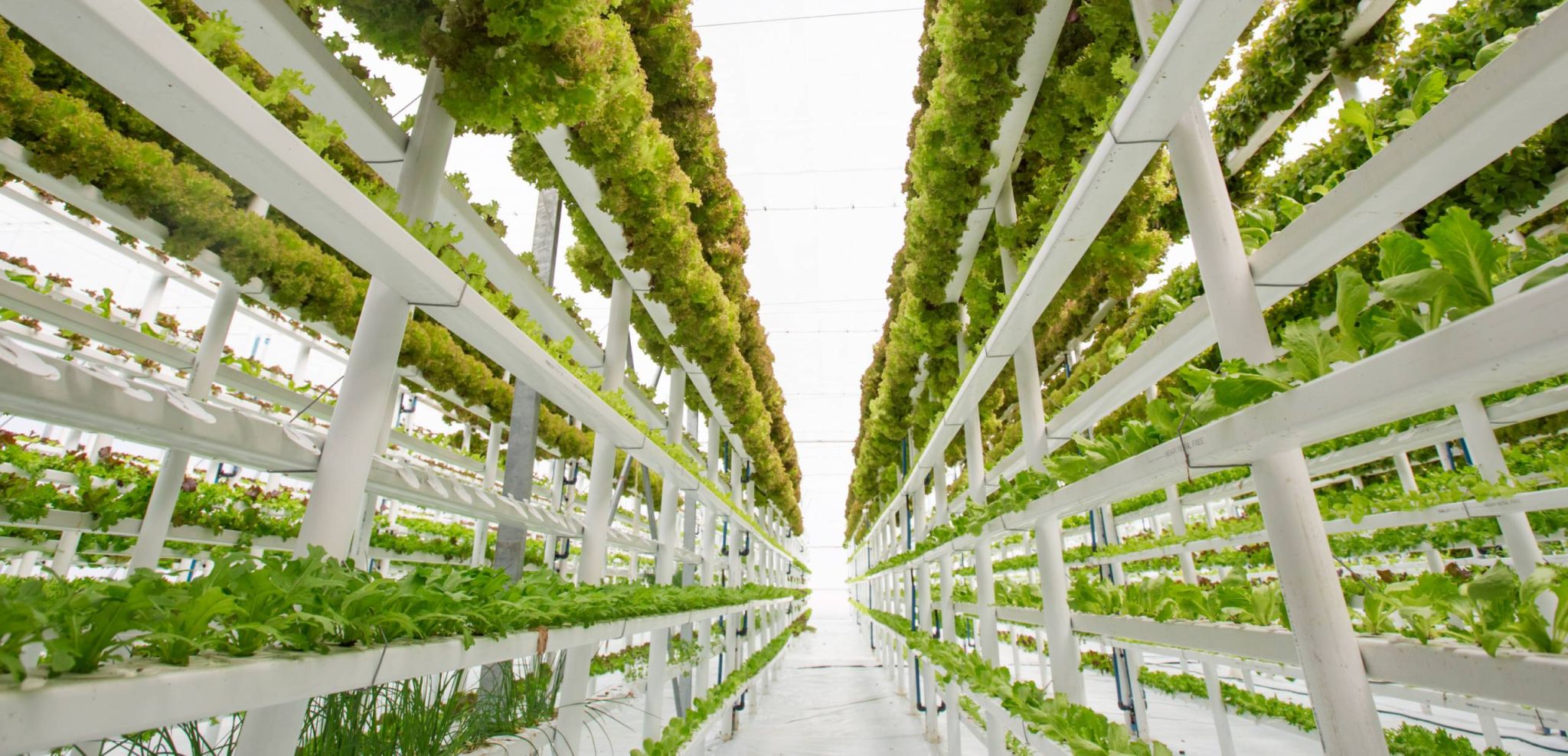Food is again at the forefront
It’s reshaping the economy, as food prices take inflation higher. It’s redefining national security, as countries reckon with the prospect of strategic supplies. And it’s resetting the climate conversation, as producers and consumers grapple with the need for more food with fewer emissions.
The world needs a new Green Revolution, and Canada can play a leading role. Indeed, we must.
By 2050, we must increase our food production by a quarter just to maintain our contribution as the world’s population swells. We need to grow more for humanity, with less impact on the planet. This can be Canada’s moonshot for 2030 and beyond, if we can harness the imagination and enterprise of Canadians in every sector and geography.
The coming age of disruption, in agriculture and food systems, compelled RBC, BCG Centre for Canada’s Future and Arrell Food Institute at the University of Guelph to take on this project to help inform and inspire Canadians to see both the urgent need and growing opportunity that will come with more sustainable food systems.
In our report series, we outline how we can build those systems by:
- Using breakthrough technologies as well as some well-established practices,
- Attracting and training a new generation of farm and food innovators,
- Investing in farmers to develop new economic incentives that reward what they produce as well as what they preserve,
- Creating a national policy framework to unite all key constituents, align our emissions measurement and reduction goals, and integrate with industries that intersect with agriculture,
- And boldly declaring to the world that Canadian agriculture can help everyone move more quickly to a world that has solved the climate crisis.
How we grow, process and consume food is not the key cause of our climate crisis. It can be a key solution. And with the right investments, it can become a made-in-Canada, farmed-in-Canada solution for the world.
[inpage-tabs]
The Growing Challenge: a Disruptors podcast series
The Growing Challenge is a special, three-part series on Disruptors, an RBC podcast, which tackles a critical question for the 2020s: how can Canada help feed the world’s growing population, while simultaneously slashing our carbon emissions to meet our nation’s Net Zero goals?
Disruptors hosts John Stackhouse and Trinh Theresa Do visited farms and production facilities across the country, and spoke with an array of experts working up and down the food supply chain, including farmers, academics, scientists, and restaurateurs.
We’ll take you from the field, to the processing facility, to the dinner table, to learn how we can harness new technologies and processes to improve efficiency, cut emissions, and reduce food waste. Solving this challenge could be Canada’s moonshot—and a defining moment for our country.

This article is intended as general information only and is not to be relied upon as constituting legal, financial or other professional advice. The reader is solely liable for any use of the information contained in this document and Royal Bank of Canada (“RBC”) nor any of its affiliates nor any of their respective directors, officers, employees or agents shall be held responsible for any direct or indirect damages arising from the use of this document by the reader. A professional advisor should be consulted regarding your specific situation. Information presented is believed to be factual and up-to-date but we do not guarantee its accuracy and it should not be regarded as a complete analysis of the subjects discussed. All expressions of opinion reflect the judgment of the authors as of the date of publication and are subject to change. No endorsement of any third parties or their advice, opinions, information, products or services is expressly given or implied by Royal Bank of Canada or any of its affiliates.
This document may contain forward-looking statements within the meaning of certain securities laws, which are subject to RBC’s caution regarding forward-looking statements. ESG (including climate) metrics, data and other information contained on this website are or may be based on assumptions, estimates and judgements. For cautionary statements relating to the information on this website, refer to the “Caution regarding forward-looking statements” and the “Important notice regarding this document” sections in our latest climate report or sustainability report, available at: https://www.rbc.com/our-impact/sustainability-reporting/index.html. Except as required by law, none of RBC nor any of its affiliates undertake to update any information in this document.




